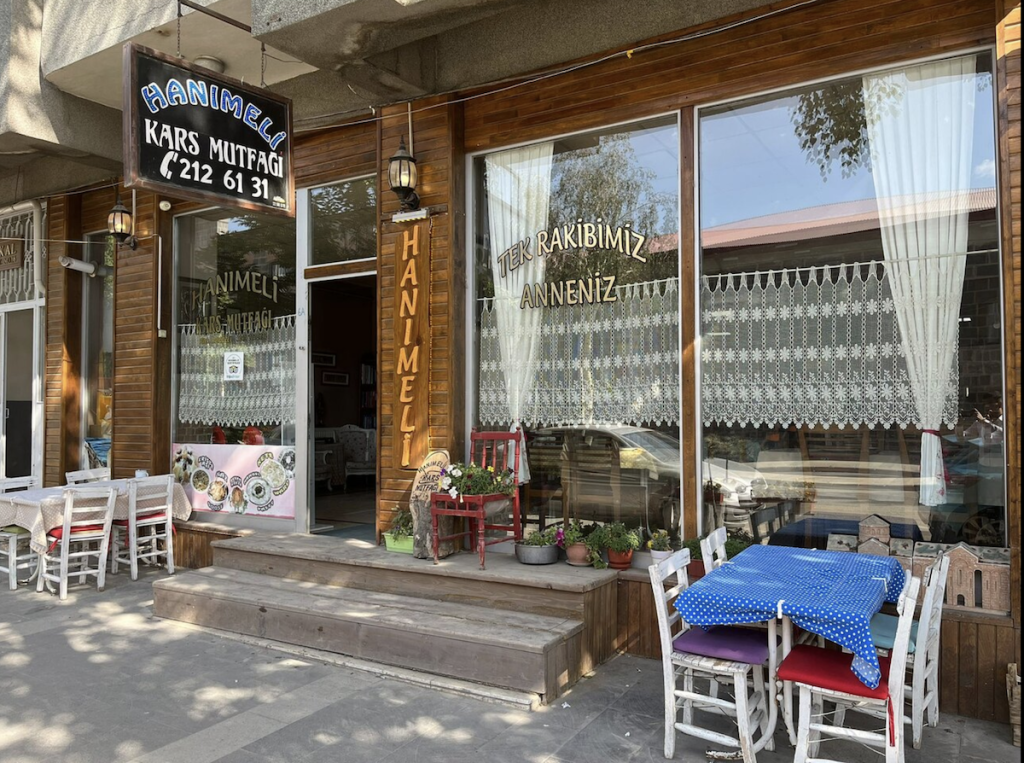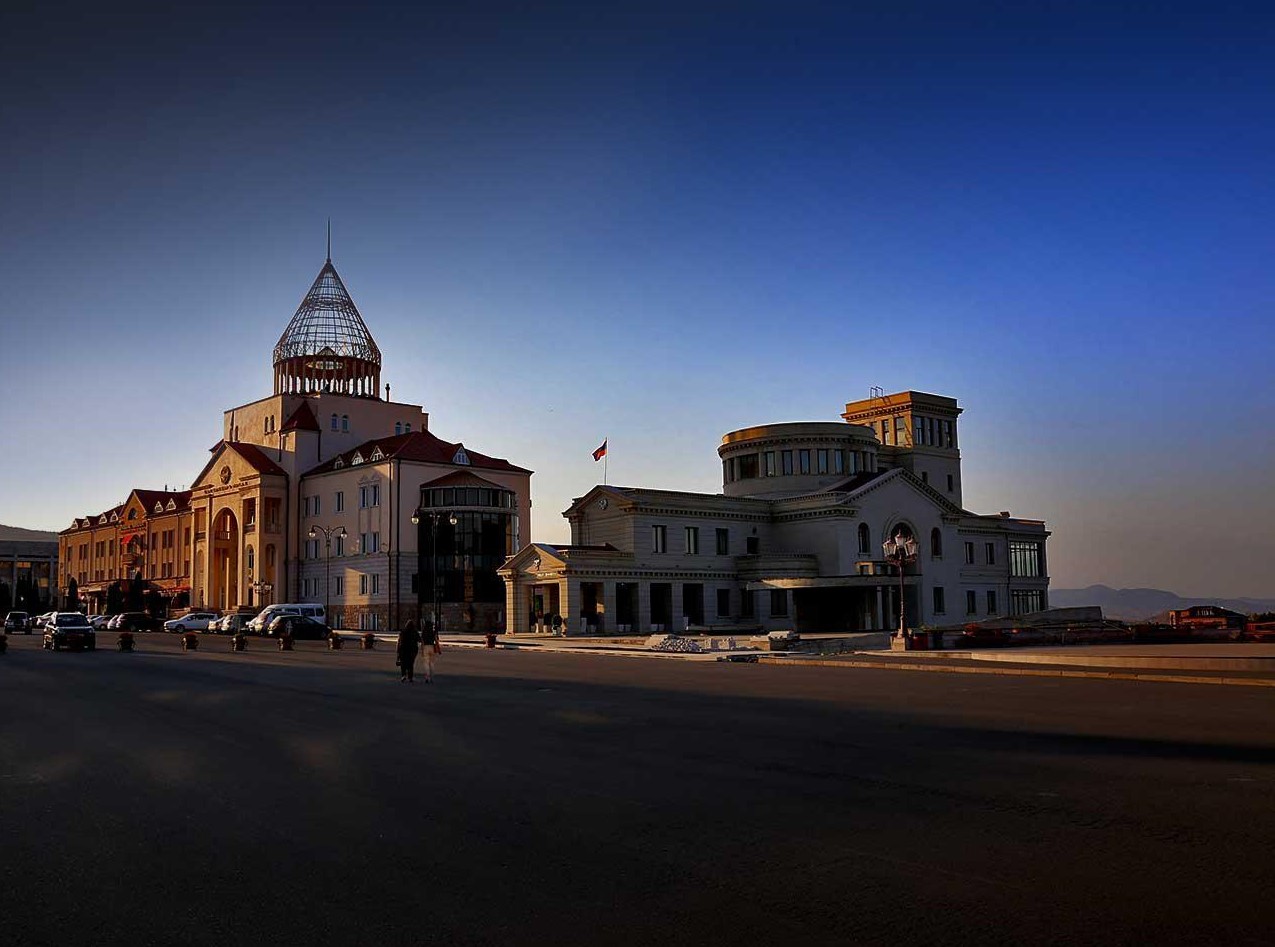Is Armenia ready to recognize the Treaty of Kars? Comments
Armenia and the Treaty of Kars
Armenia’s renunciation of territorial claims to Turkey and Azerbaijan, cited by Nikol Pashinyan as a condition for peace in the region, looks like a willingness to agree to the 1921 Kars Treaty and the borders defined by it, something that Armenia has not yet recognized.
Some Armenian experts draw this conclusion from Pashinyan’s statements on April 18, on the same day as statements made by President of Azerbaijan Ilham Aliyev.
Aliyev demanded that Armenia officially recognize Karabakh as part of Azerbaijan.
Pashinyan stated that peace in the region is possible if recognition of Armenia’s ownership of a territory of 29,800 square kilometers – the territory of Soviet Armenia, within which Armenia gained independence in 1991 – is clearly established.
Pashinyan said Armenia renounces territorial claims to other countries, ameaning Turkey and Azerbaijan.
The Kars Treaty of Friendship between the Armenian, Azerbaijani and Georgian SSR on the one hand and Turkey on the other was concluded with the participation of Soviet Russia (RSFSR) on October 13, 1921 in the Turkish city of Kars. The treaty went into effect on September 11, 1922, without any stipulation as to duration.
The Treaty of Kars defined new borders between the Soviet Union and Turkey. The cities of Kars, Surmalu and Ardagan went to Turkey. Mount Ararat also ended up in Turkey. Nakhichevan was established as part of the Azerbaijan SSR, and the Adhara region with its largest city of Batumi was part of the Georgian SSR. The border passed along the Araks and Akhuryan rivers.
The Caucasian Knot publication invited Armenian political scientists to comment on the possible development of events.
- How Armenian tourists went to Turkey by train some 27 years ago for the first and last time
- Closed railway of my childhood and the Armenian-Azerbaijani conflict
- “For 70 years you couldn’t even look in that direction” – the tragedy that divided villages between Turkey and Georgia
- Armenia-Turkey: same old or new opportunities? Interview with Thomas de Waal
Turkologist Ruben Safrastyan:
“Armenian-Turkish relations can be normalized. The question is whether Turkey agrees to establish diplomatic relations and open the border. If Turkey continues to put forward preconditions, it is doubtful that this will be achieved.”
Political scientist Andrias Ghukasyan:
“No Armenian government will forego international recognition of the Armenian genocide and the international community would regard such a refusal as coercion. The genocide has already been recognized by dozens of countries around the world, in particular the United States and France. To exclude any speculation on issues of national importance, such as the Armenian genocide of 1915-1923 and the fate of the First Republic, it is necessary to enshrine in the constitution the recognition of the Armenian genocide in the Ottoman Empire and Turkey, as well as the rejection of the Treaty of Kars.
Armenia was occupied by Kemalist Turkey and Bolshevik Russia, as a result of which Armenia lost its sovereignty and the illegal Kars Treaty was imposed on it.”
Political scientist Armen Hovhannisyan:
“Not a single Armenian politician will talk about the ratification of the Kars Treaty. Armenian-Turkish relations, at best, can be at the level of Greek-Turkish relations. The border will be opened and it is possible that Armenia will join the bloc of Western countries. But hostility will continue.
And like Greece and Turkey, we will prepare for war. There are relationships between them in hundreds of areas, but enmity persists. The same will happen with Armenia and Azerbaijan.
Relationships will improve in small steps. First the border will be opened, then something else, and all steps will be accompanied by the signing of documents for each specific case.”
Political observer Naira Hayrumyan:
“Changes in the region depend on the geopolitical context. Today, like 100 years ago after the First World War, a regional alignment is occurring. Changes will have to fit into a common geopolitical paradigm. And without an international geopolitical consensus, it is impossible to confirm the new borders of Armenia.”
Türkiye and Armenia do not maintain diplomatic relations, the border between the republics having been closed since 1993. On October 10, 2009, the Foreign Ministers of Armenia and Turkey signed protocols on the development of bilateral relations and on the establishment of diplomatic relations between the countries in Zurich.
But in 2015 Armenian President Serzh Sargsyan withdrew these protocols from the country’s parliament. On March 1, 2018, he stated that the protocols were annulled after many years of no progress toward their ratification, and because of conditions put forward by Turkey.
In February 2023, after the terrible earthquake in Turkey, Armenia sent rescuers and humanitarian aid. The land border between the countries was opened for the first time in 30 years to let these trucks through. On February 14, Armenian Foreign Minister Ararat Mirzoyan said that at a meeting with Turkish counterpart Mevlut Cavusoglu, he discussed the readiness to “improve bilateral cooperation, fully regulate relations with Turkey, establish diplomatic relations and fully open borders between countries.”




















